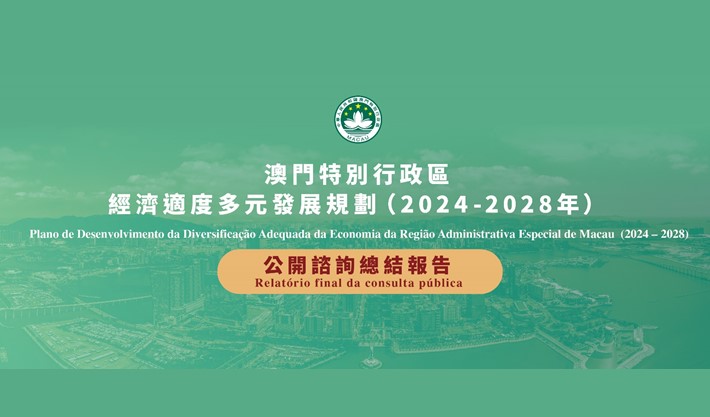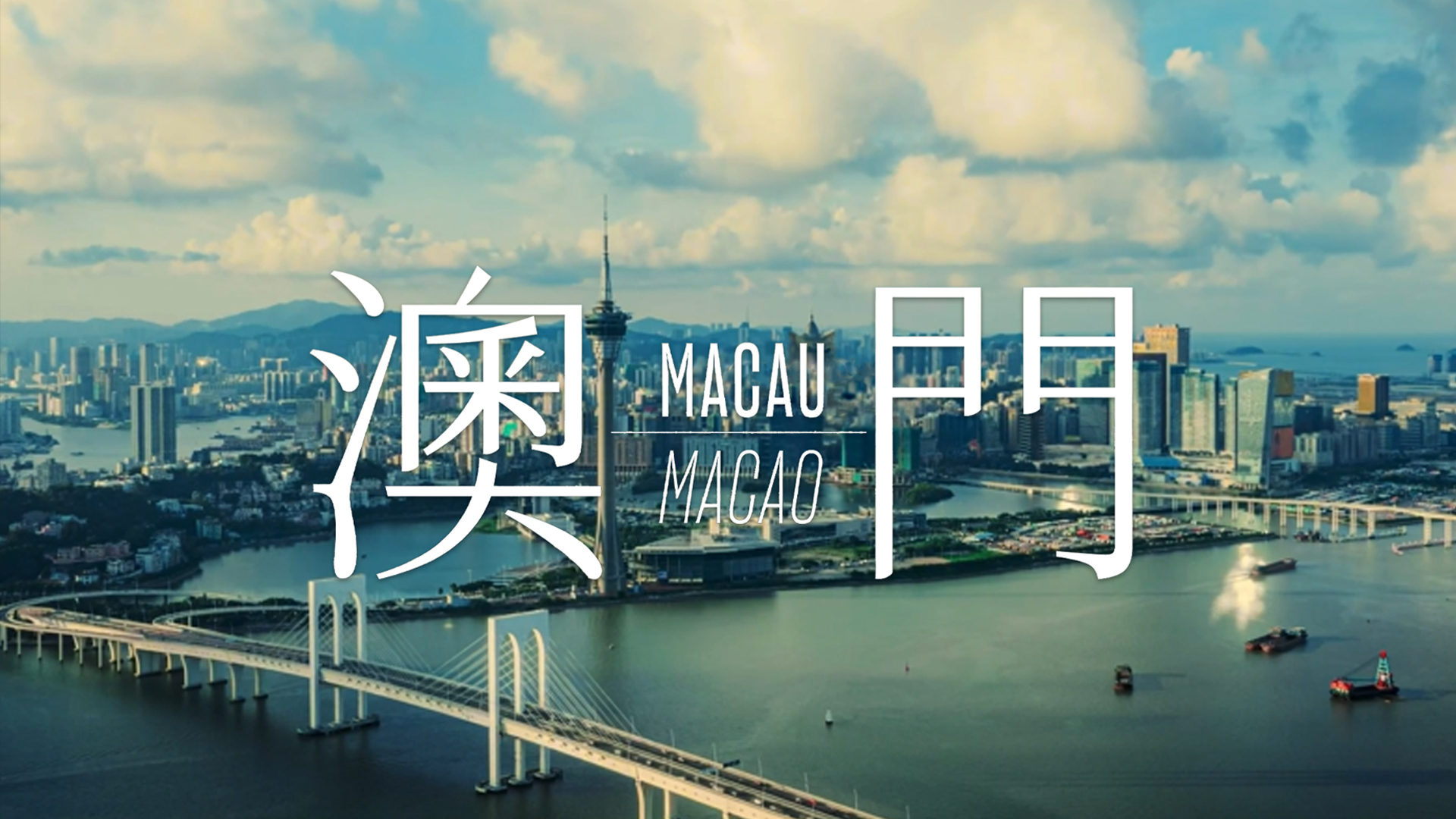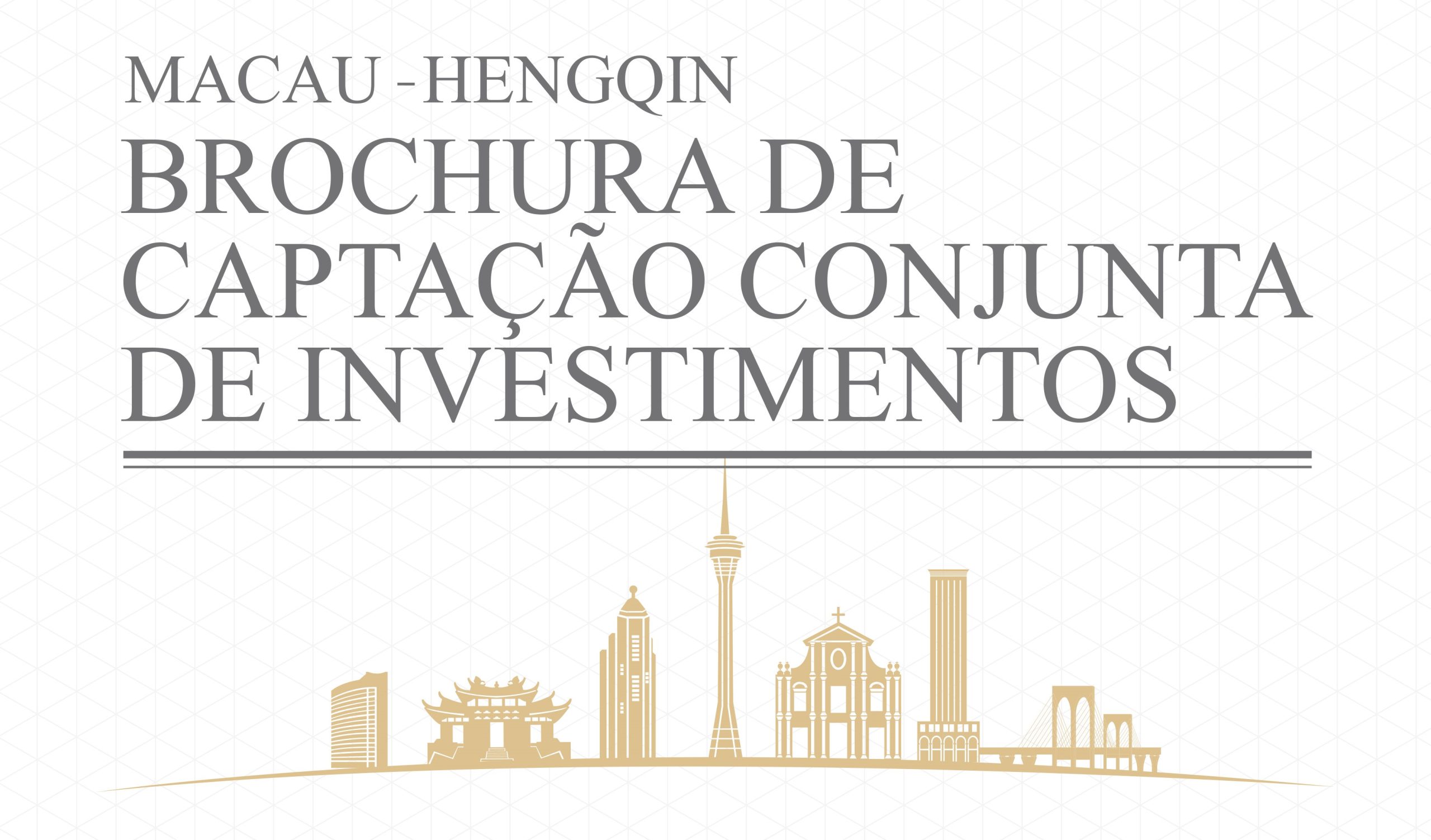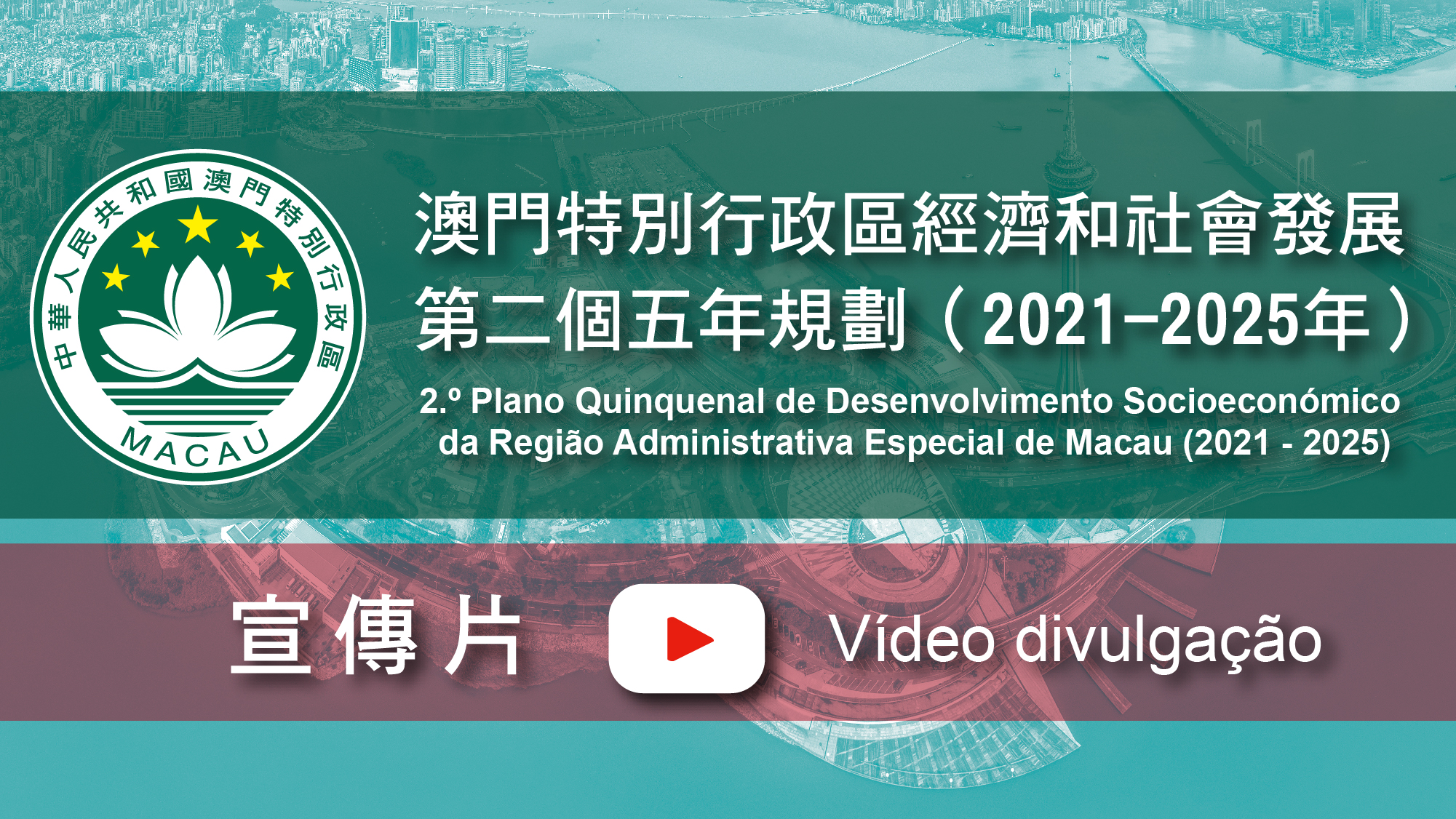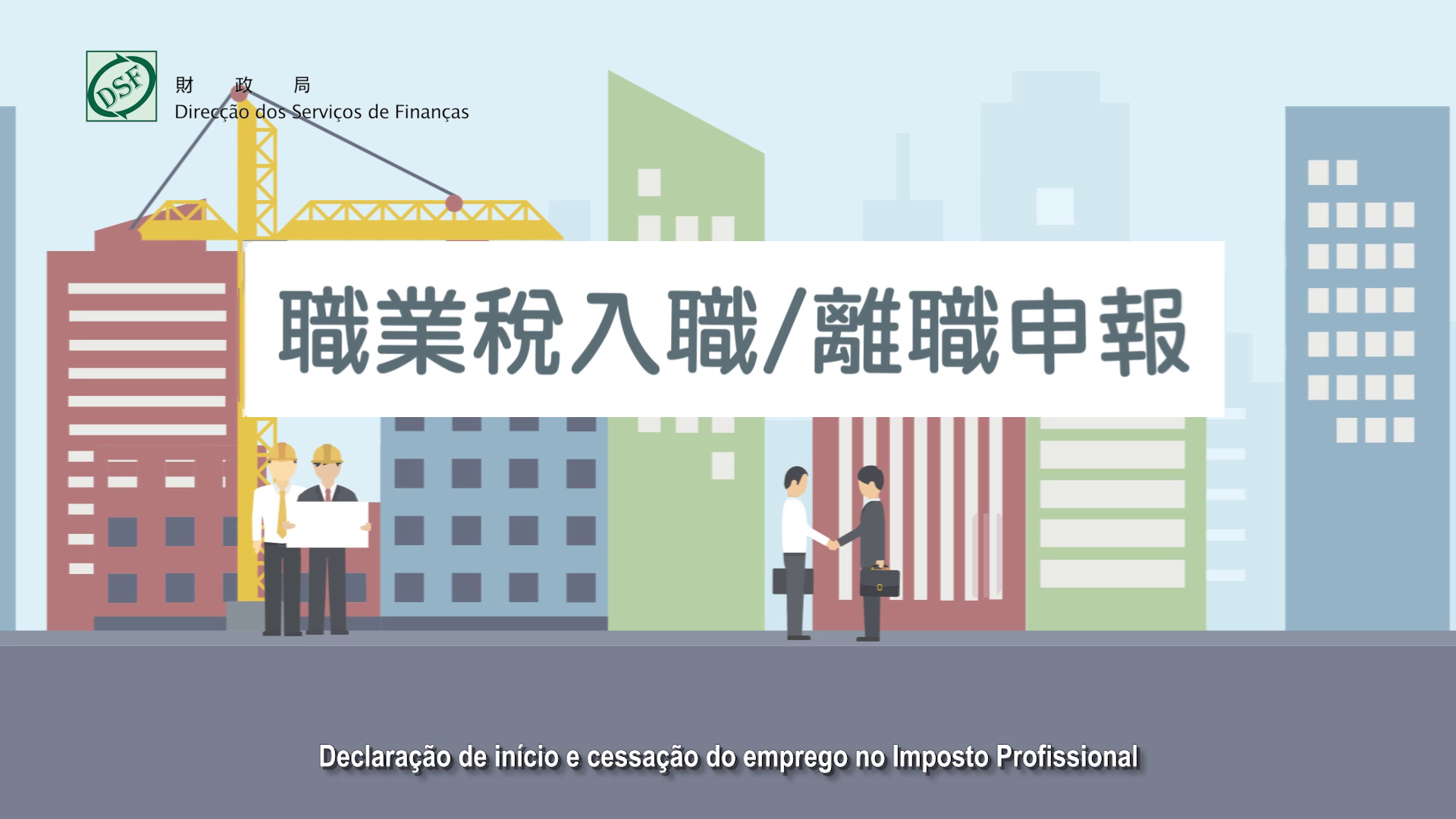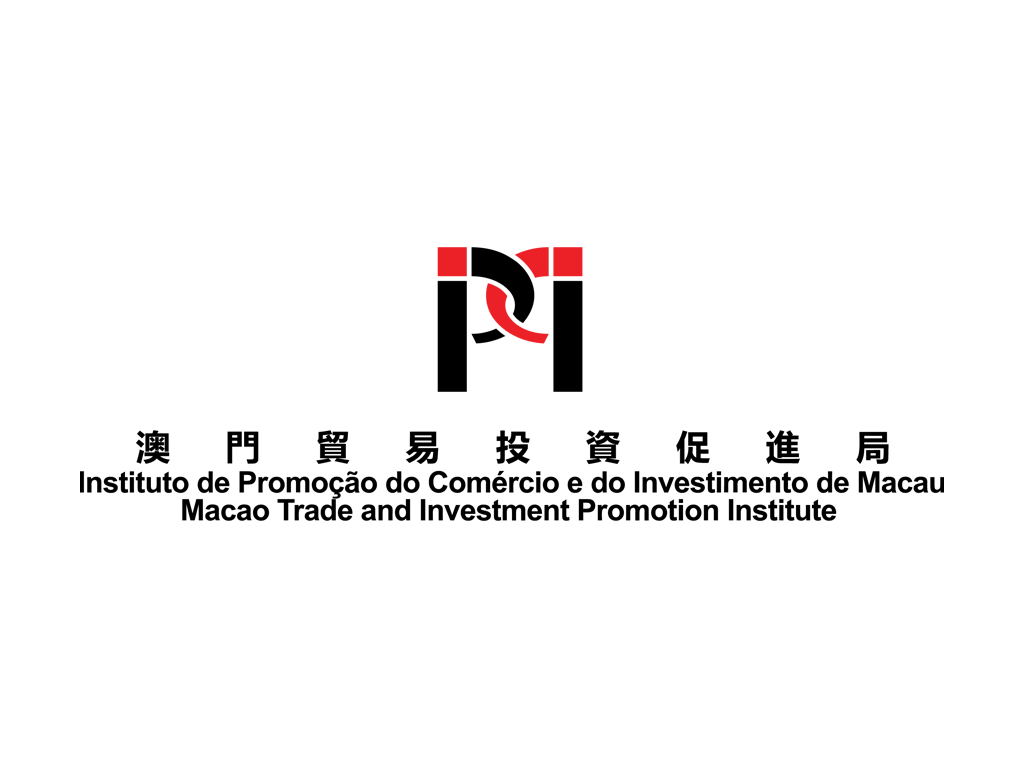Pesquisar
The Mainland and Macao Closer Economic Partnership Arrangement, Its impacts on Macao
The Mainland and Macao Closer Economic Partnership Arrangement, coming into effect on 2004 January 1, (hereafter referred as CEPA) is an important policy to promote the joint economic prosperity and development of the Mainland China and the Macao Special Administrative Region of China. It was drafted in a process of five working meetings between economic and trade officials of the two sides in a duration of four months and was finally signed on Oct 17, 2003, in Macao, with its content in principle following the Mainland and Hong Kong Closer Economic Partnership Arrangement. The CEPA document comprises the main text and six annexes, constructing a liberalization framework composed of three main areas, namely, trade in goods, trade in services and trade and investment facilitation. CEPA, in fact, is a FTA-like arrangement in nature between two separate customs territories of a single sovereignty state, reflecting the Central Government's unreserved support for its two special administrative regions.
CEPA , according to Mainland tariff codes in 2001, allows 273 items of products made in Macao as fulfilling the rules of origin criteria, to enter the Mainland market with zero tariff. Imported products made in Macao other than these 273 items are eligible for zero tariff not later than 1 January 2006. CEPA also guarantees Macao imports are free from non-tariff barriers, such as anti-dumping, anti-subsidy measures and quota restrictions. Taking into consideration of Macao's particular situation that there is no container port and so most of cargos have to be transported via Hong Kong, CEPA makes special provision so that Macao imports can have transit through Hong Kong.
The 273 items of products include the following categories, Food and Beverages, Chemical Products, Pharmaceutical Products, Cosmetics, Plastic Articles, Paper Articles, Textiles and Clothing, Jewellery, Electrical and Electronic Products, Optical Apparatus, Clocks, Watches and Musical Instruments, and other (including lighting fittings, articles and equipments for sports or outdoor games, gloves, mittens and mitts, footwear, hats and other headgear, buttons, slide fasteners, cement, saddlery and harness for any animal, glass and glassware, table, kitchen and other household articles and parts of stainless steel, refined copper foil, articles of precious metal or of metal clad with precious metal for technical or laboratory use).
Compared with CEPA signed by Mainland and Hong Kong, Macao's CEPA includes some items not included in Hong Kong's CEPA, for instance, cement, noodles(flour products), glass fibres, biscuits, candies, certain types of pharmaceutical products, garments, footwear and hats, as well as some specified electrical appliances. The 273 items also include those products not being currently produced in Macao, but Macao manufacturers have intention or even plans to produce in the future, like electrical appliances, stainless cutlery, movie and digital products, providing space for nurturing and developing new manufactory industries in Macao. Besides, checking against Macao external trade statistics of 2002 to 2003, the 273 items also include 67 items which Macao did not export in the period, like noodles and toasted bread, antibiotics, herbal and traditional medicines, cosmetics, jewellery, down apparels, small electrical appliances, clocks and watches.
The reductions in tariff offered by CEPA are far more substantial than those offered by China's WTO commitment. In addition, the realization of the reductions are also far speedily than other trade arrangement between China and other countries/territories, ASEAN countries for instance. Comparing the zero tariff offered by CEPA with the final tariff specified in China's WTO commitments, the categories with the great differences are: household electrical appliances (18.5%), musical instruments(19.4%), footwear(19.8%), stationery( 17.5%), food ( 19.2%), beverage and wines(21.4%) 1 . With Macao being a free port that most of raw materials or semi-products can be imported for free, the cost of production in Macao is greatly reduced. If without the difference in wages, Macao products will be very competitive in Mainland market, not only compared with foreign products, but also with domestically produced goods. Indirectly, this advantage under CEPA is very likely to attract foreign investors (including investors from Mainland China) to Macao.
The textile and garment sector, dominant in Macao's manufacturing industry, is facing the challenge of the global abolition of textile quotas in 2005. CEPA provides a new option of market for the industry apart from the traditional Europe and American markets. With the Zhuhai-Macao Cross Border Industrial Zone in progress, it is believed that the Macao manufacturing industry will experience recovery and further development, and will continue to play a vital role in the area of external trade and employment.
The food industry is quite important to Macao, especially with local food being part of the tourist attraction and 19 items of food are included in CEPA. According to information released by China's Customs, Macao's food exported to China in 2002 only amounted to 7000 USD. Food with strong local features which are very popular among tourists are mostly freshly made food, candies and biscuits. It is therefore feasible to develop food products in this line, suitable for export, like properly packed noodles/flour products and baked food.
Due to the fact that CEPA's preferential treatment will eventually cover all the Macao products, its positive impacts on Macao will be manifold. On one hand, it can help traditional sectors to survive the intense competition and seek development, by speeding up industry upgrading and stimulating the creation of brand names. On the other hand, it also provides a good environment for new industries to emerge and grow, thus improving Macao's industrial structure, which is currently over dependent on tourism and gaming. It is expected in the near future, CEPA's positive effects on the diversification of Macao's export market, the improvement of local industrial structure and on attracting investment will be gradually observed.
On trade in service, there are 18 service sectors that receive market access preferential treatment : legal services, accounting services, architectural services, medical and dental services, real estate services, advertising services, management consulting services, convention and exhibition services, value-added telecommunication services, audio-visual services, construction services, distribution services (including commission agent services, wholesale trade services, retailing services and franchising), insurance services, banking services, securities services, tourism services, transport and logistic services. Macao service providers of these 18 sectors are allowed to enter into the Mainland market by establishing wholly-owned or joint venture business, or as individual professionals.
In terms of detailed requirements, under CEPA, legal and medical professional qualifications obtained in Macao are properly recognized. Sectors in which service providers can establish wholly-owned business are as follows: real estate services, architectural services, advertising services, management consulting services, convention and exhibition services, distribution services(including commission agents, wholesale, retail and franchising, plus individually owned stores in Guangdong province), construction, renovation and operation of hotels, apartment buildings and restaurants, international ship management services, storage and warehousing for international maritime freight, container station and depot services, and non-vessel operating common carrying services, direct non-stop road transportation services between Macao and cities of Mainland, storage and warehouse services, freight forwarding agency services, ordinary road freight services, related information and consultancy services.
For Macao's companies, the majority of which are SMEs. Because of limited resources, if they are interested in exploring the more opened Mainland market, it is very likely that their first choice is Guangdong province. In the Guangdong-Macao co-operation joint meeting held on December 9, 2003, the two parties agreed to focus on co-operation in the following service sectors, in the short term, logistics, freight forwarding agency, storage and warehousing, transport service and retail service. Guangdong encourages and supports Macao business people to set up business in the province, especially chained stores and related delivery service. Macao permanent residents in abiding with related regulations of Mainland can establish individual business, without applying for approval about foreign investment. Concerning management consultant service, freight forwarding agencies on Mainland, storage and warehouses, restaurant businesses, they can directly apply to local commission of foreign trade and economic co-operation of municipal level in the province.
With regard to trade and investment facilitation, CEPA establishes the policy framework, not only smoothing the process of trade in goods and trade in services, but also conducive to the exchange and co-operation between governments and between enterprises. There are seven areas of trade and investment facilitation measures, including trade and investment promotion, customs clearance facilitation, commodity inspection, inspection and quarantine of animals and plants, food safety, sanitary and inspection, certification, accreditation and standardization management, electronic business, transparency in laws and regulations, cooperation between small and medium-sized enterprises, industrial co-operation. In view of enlarging trade and investment of both places, the measures will give substantial support from the administrative and legal sides. It is hoped that through e-technology, standard alignment, regulation harmonization and information exchange, trade and investment can be greatly improved. Furthermore, the agreement of industrial co-operation in Chinese medicine, exhibition and convention, and later in many more industries, will be helpful in attracting more high value added business activities to Macao. The implementation of the measures will reduce considerably the cost of trade and investment related to Mainland, strengthening Macao's status as a regional business centre.
The signing of CEPA, plus the implementation of the "individual travel" policy, all work towards the free flow of goods, services, persons, capital and information between Macao and Mainland. Therefore, exchange and co-operation in trade and investment will be intensified, good for the further integration of the economies involved and hence overall economic efficiency.
For enquiries concerning CEPA like the requirement and application of certificate of origin and service provider, please contact CEPA Information Centre,
Address: MBSC, Alameda Dr. Carlos d'Assumpcao No. 263, Edif. China Civil Plaza, 20th floor,
Macao
For Trade in Goods and Trade in Services,
Tel: (853) 87989 708
Fax: (853) 755 011
E-mail: info@economia.gov.mo
For Trade and Investment Facilitation,
Tel: (853) 728 212, 87989 606
Fax: (853) 727 123
E-mail: ipim@ipim.gov.mo
1 Presentation apprendix of Director of Taxation Bureau, Ministry of Finance, Mr. Zhang Baozhu, on 2003.11.21.
This article was prepared by IPIM's Research and Information Division.



